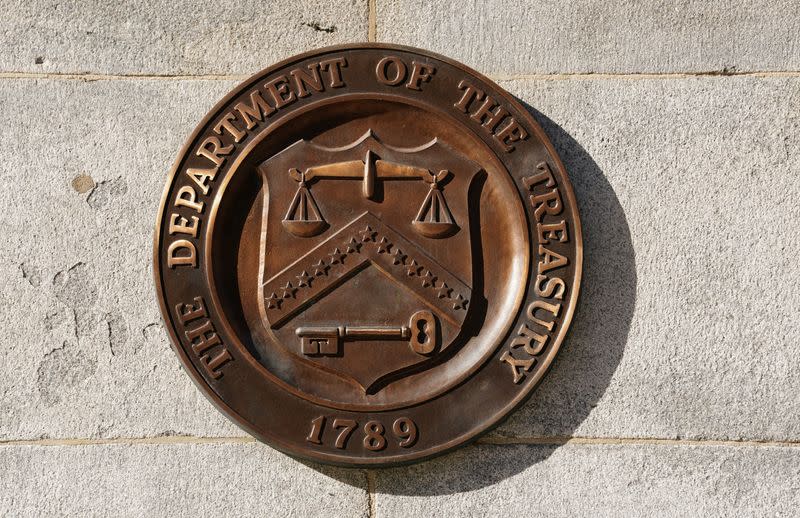A programme to address the risk of US investment going to sensitive technology sectors in countries such as China deemed to be a potential security threat would cost $10 million if set up this fiscal year.
That estimate was stated in a US Treasury Department report, which emerged as the Biden administration weighs restrictions on outbound investments.
New rules being drawn up by the administration are expected to cover private-equity and venture-capital investments in advanced semiconductors, supercomputing and some forms of artificial intelligence, the Wall Street Journal has said, quoting sources.
President Biden is preparing to release his proposed budget for the next fiscal year, which starts in October.
US lawmakers have been pushing the administration to boost oversight of investments by US companies and individuals in other countries, particularly China, citing concerns over national security and supply chain issues, and have urged the president to issue an executive order.
ALSO SEE:
US Looking to Ban Some Investment in Adversarial Nations – WSJ
Congress sought the analysis from the Treasury Department, which would lead any such programme’s implementation, as well as a review by the US Commerce Department, which would coordinate with Treasury.
In its analysis, Treasury said it would need about $10 million to set up the programme for fiscal year 2023 and that it anticipated Biden would ask for additional resources in his proposal, scheduled to be released on Thursday.
While the president can request resources, it is up to Congress to pass any funding into law.
“I am excited we should expect to see support for outbound investment review reflected in the president’s … budget,” Rosa DeLauro, the ranking Democrat on the US House of Representatives Appropriations Committee, said in a statement. She added that she would seek to support any executive action on outbound investment through legislation.
The Treasury report did not cite China specifically.
Focus on advanced tech used by military
“As currently contemplated, the programme would … focus on investments that could result in the advancement of military and dual-use technologies by countries of concern. The investments that would be subject to the programme are of a nature that they are not presently captured by export controls, sanctions, or other related authorities,” it said.
Commerce Secretary Gina Raimondo, speaking at an event on Thursday, said any ultimate restrictions on US investors should not “be overly broad,” and added that the department was considering a “pilot programme” on outbound investment controls.
Asked after the event how long it would take to put restrictions in place, Raimondo said: “months, not years, for sure. We’re on it every day working it. We’re talking to industry, talking to stakeholders, talking to Treasury whose [staff are] going to have to administer this.”
The Commerce Department, in a separate report to Congress seen on Saturday, said it would need adequate resources to take action but did not cite a specific amount, adding that it expected Biden’s budget to seek additional funding.
- Reuters with additional editing by Jim Pollard
NOTE: The headline on this report was amended on March 6, 2023 (to cut the length).
ALSO SEE:
Nvidia’s Plan for Sales to Huawei at Risk if US Extends Curbs
US-China Rivalry May Spur Decoupling of Chip Sector – BBC
China’s Potential Chip Stars Hit by Latest US Bans – FT
China Forges Ahead of US in Supercomputer Race – FT
























